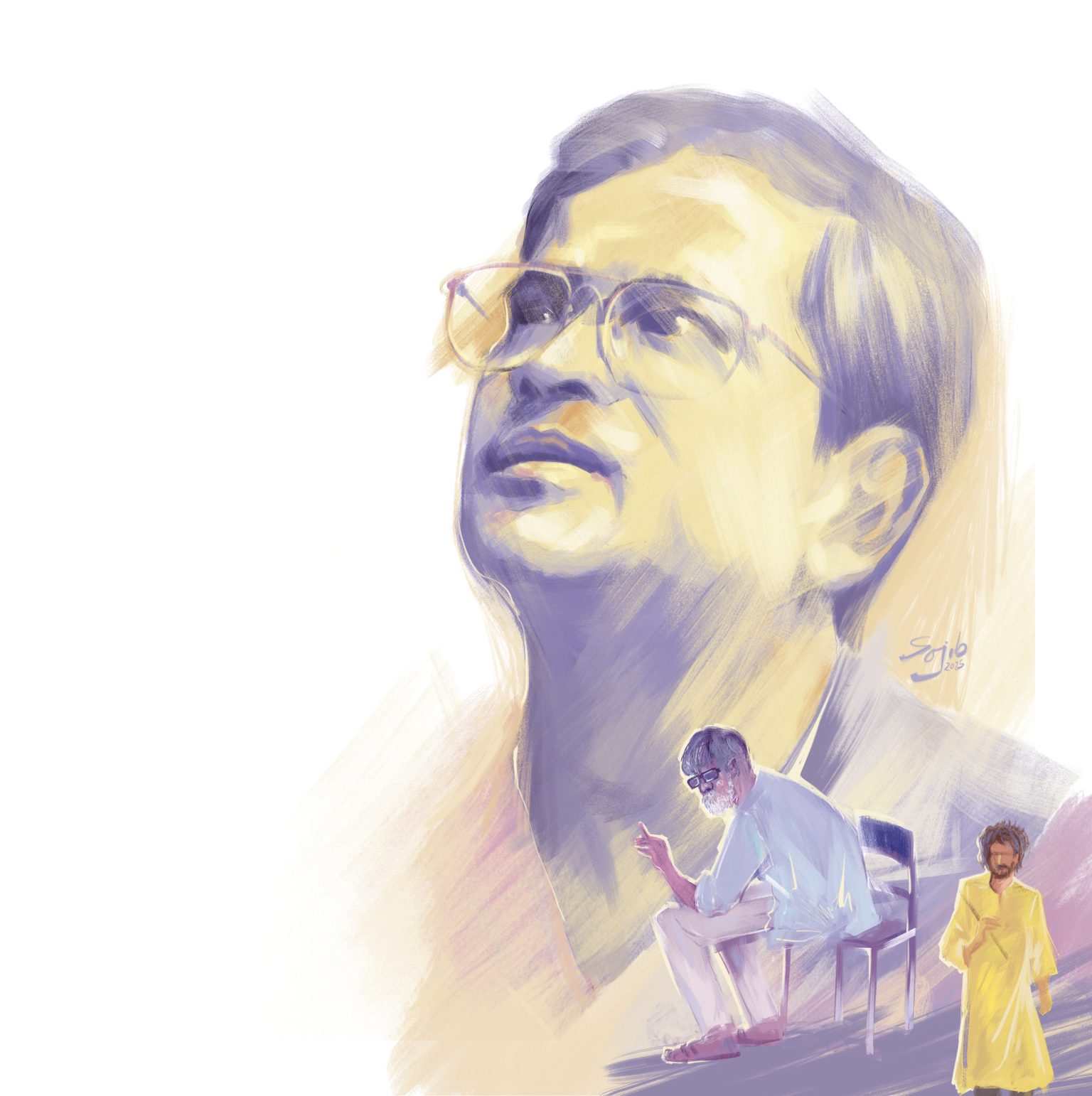Humayun Ahmed is the name of a unique star in the world of Bengali literature. Not only fiction, but also films, plays and songs. Where has he not left his mark?
On July 19, 2012, he left for the land of no return. An era has passed, but his absence has not yet become a reality. His influence runs deep as unforgettable as his creations.
When Nondito Noroke was published in the 70s, Humayun Ahmed left an undeniable mark in the reader-educator community. After that, his gift of novels enriched Bengali literature like no other.
Novels such as Shonkhonil Karagar, Jochona O Jononir Golpo, Deyal, Krishno Pokkho, Badshah Namdar etc. portrayed the soul of urban and rural, and the thoughts of the people of Bengal through storytelling.
His characters Himu, Misir Ali, Shuvro, an entire generation has grown up with these characters, loved them and learned to think like them.
In the golden age of Bangladesh Television in the 1990s, Humayun Ahmed introduced a new edge to dramas.
Eishob Dinratri, Bohubrihi, Ayomoy, Kothao Keu Nei were not just dramas; they were a mirror of society. When Baker Bhai was hanged in Kothao Keu Nei, the people of the country shed tears and held processions to stop his hanging.
Such an incident has happened only once in the history of television dramas in the country.
Not only Baker Bhai, Humayun Ahmed created dramas like Ora Tin Jon and characters like Taiyyab. He highlighted various inconsistencies in society through very simple dialogues and subtle comedy.
Humayun Ahmed’s journey in film directing began in 1994 with Aguner Poroshmoni, written in the context of the Liberation War.
Historically acclaimed films ,namely, Srabon Megher Din, Dui Duari, Noy Number Bipod Songket, Ghetuputro Komola are unique examples of its own lingo, making and sensitivity.
Humayun Ahmed was awarded many honors for these films, including the prestigious National Film Award.
After a long battle with cancer, he left the mortal world and passed on to the land of no return on this day in 2012 while undergoing treatment at Bellevue Hospital in New York.
However, his death is just a decayment of the vessel. Humayun Ahmed remains alive in the hearts of every devotee, admirer, in Himu’s yellow punjabi, in Misir Ali’s logic and rationality, in the songs of monsoon and in the rain of love.
As the late literary legend had said, “Death means a tragic reduction in the number of Himus.”
Today, we are feeling it again.


